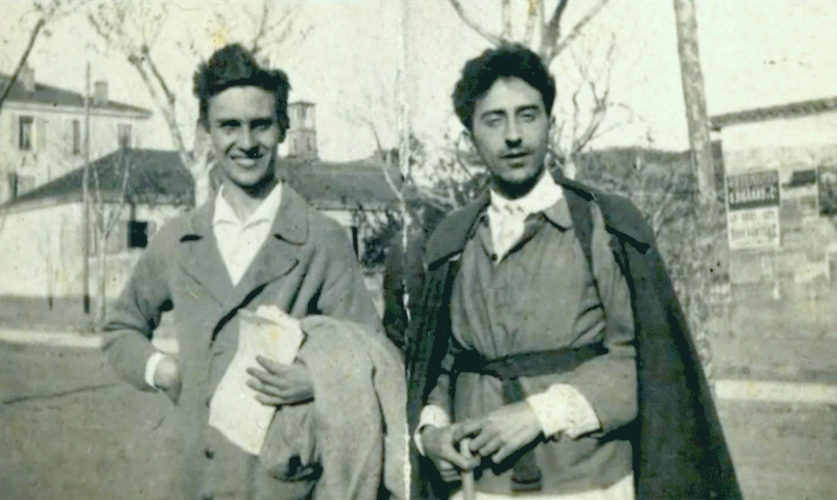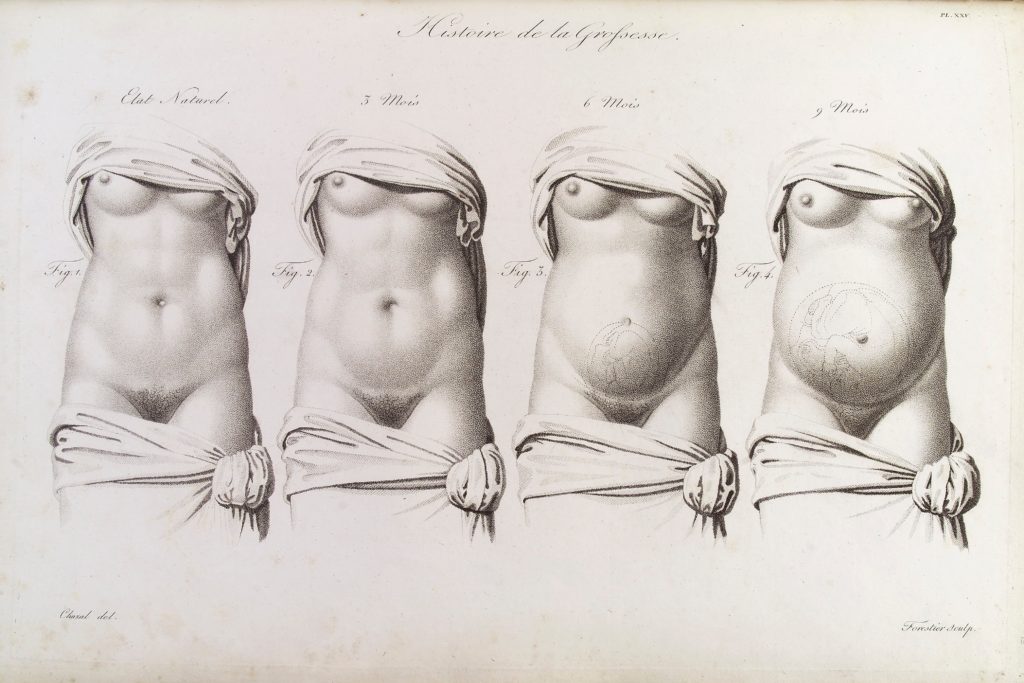The Busty Coeds vs Lusty Cheerleaders (2011)first thing you want to do when you pull a USB drive off someone allegedly lying their way into presidential hangout Mar-a-Lago is plug it in your computer. Oh, wait, maybe don't do that?
A woman by the name of Yujing Zhang was arrested on March 30 attempting to bluff her way into Donald Trump's private Florida club. In addition to two Chinese passports, the New York Timesreported that she carried with her four cell phones, a hard drive, and a USB drive infected with malware. And, according to the Miami Herald, U.S. government officials straight up plugged that bad boy into a computer — a bit of news that generated some serious double takes in the infosec community.
SEE ALSO: The hackers just arrived, and they're already breaking Vegas"[Secret Service agent Samuel Ivanovich] stated that when another agent put Zhang’s thumb-drive into his computer, it immediately began to install files, a 'very out-of-the-ordinary' event that he had never seen happen before during this kind of analysis," reports the Herald. "The agent had to immediately stop the analysis to halt any further corruption of his computer, Ivanovich said."
This Tweet is currently unavailable. It might be loading or has been removed.
This Tweet is currently unavailable. It might be loading or has been removed.
This Tweet is currently unavailable. It might be loading or has been removed.
This Tweet is currently unavailable. It might be loading or has been removed.
It's widely understood that plugging in random USBs is never a great idea, as they have a non-zero chance of containing malware. So, it's of course possible that Zhang's thumb drive was just like every other thumb drive and happened to contain some malicious files — as opposed to malware specifically designed to spy on the president or the club where he spends so much of his time.
It's possible, but as the New York Timesreported on April 8, Zhang's hotel room contained some other interesting items discovered in a search that suggest it's also decidedly not possible. Namely, nine additional USBs, five SIM cards, $8,000 in cash, and a radio-frequency device used to find hidden cameras.
However, all may not be terrible in the land of U.S. government cybersecurity. While at first glance plugging in Zhang's sketchy USB drive may look like a case of a monumental security screw-up, if a cybersecurity expert were to plug it into a specific computer with the goal of checking it for malware, then we would say they were doing their job.
This, thankfully, looks to be what happened here — a fact made clear by a clarifying sentence in a New York Times article.
"Mr. Ivanovich testified that the computer analyst who reviewed Ms. Zhang’s devices said that the thumb drive she was carrying had immediately begun installing a program on his computer," it explains.
In other words, a computer analystplugged the device in specifically in order to review it. Which, hey, perhaps all is not lost after all.
Topics Cybersecurity Donald Trump
(Editor: {typename type="name"/})
 Keeping Hope Alive
Keeping Hope Alive
 On Being a Woman in America While Trying to Avoid Being Assaulted by R. O. Kwon
On Being a Woman in America While Trying to Avoid Being Assaulted by R. O. Kwon
 Monsieur Bébé: The Brief, Strange Life of Raymond Radiguet
Monsieur Bébé: The Brief, Strange Life of Raymond Radiguet
 Google Drive's document scanning is now available on iPhone
Google Drive's document scanning is now available on iPhone
Ryzen 5 1600X vs. 1600: Which should you buy?
Tesla will deliver the first Cybertrucks today. Here's how to watch.
 You might be compelled to pinch yourself, but we assure you, you are not dreaming: Tesla is actually
...[Details]
You might be compelled to pinch yourself, but we assure you, you are not dreaming: Tesla is actually
...[Details]
Wordle today: The answer and hints for November 30
 Can't get enough of Wordle? Try Mashable's free version now O
...[Details]
Can't get enough of Wordle? Try Mashable's free version now O
...[Details]
Staff Picks: Decadence, Doodles, and Deep Ends by The Paris Review
 Staff Picks: Decadence, Doodles, and Deep EndsBy The Paris ReviewJanuary 18, 2019This Week’s Reading
...[Details]
Staff Picks: Decadence, Doodles, and Deep EndsBy The Paris ReviewJanuary 18, 2019This Week’s Reading
...[Details]
Best Max streaming deal: Save 20% on annual subscriptions
 SAVE UP TO $40: New and returning customers can sign up for Max yearly streaming subscriptions for u
...[Details]
SAVE UP TO $40: New and returning customers can sign up for Max yearly streaming subscriptions for u
...[Details]
'Taskmaster' is getting a Meta Quest VR game spinoff
 Taskmaster, the UK comedy series that sees celebrities earning points as they complete a series of a
...[Details]
Taskmaster, the UK comedy series that sees celebrities earning points as they complete a series of a
...[Details]
Muting someone on Instagram? A growing reason is envy.
 Muting on Instagram serves many purposes. It's been most openly known as a step below blocking: a ba
...[Details]
Muting on Instagram serves many purposes. It's been most openly known as a step below blocking: a ba
...[Details]
Notes Nearing Ninety: Learning to Write Less
 Notes Nearing Ninety: Learning to Write LessBy Donald HallDecember 25, 2018Best of 2018We’re away un
...[Details]
Notes Nearing Ninety: Learning to Write LessBy Donald HallDecember 25, 2018Best of 2018We’re away un
...[Details]
NYT mini crossword answers for May 12, 2025
 The Mini is a bite-sized version of The New York Times' revered daily crossword. While the crossword
...[Details]
The Mini is a bite-sized version of The New York Times' revered daily crossword. While the crossword
...[Details]
 Mothers as Makers of DeathBy Claudia DeyDecember 28, 2018Best of 2018We’re away until January 2, but
...[Details]
Mothers as Makers of DeathBy Claudia DeyDecember 28, 2018Best of 2018We’re away until January 2, but
...[Details]
接受PR>=1、BR>=1,流量相当,内容相关类链接。